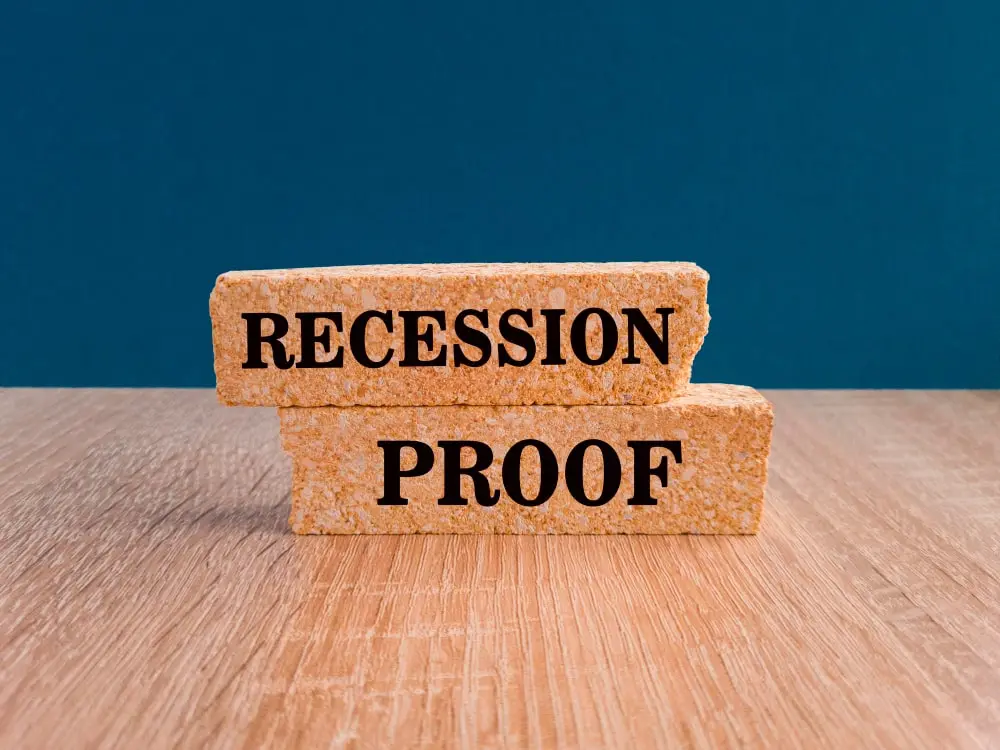Table of Contents
ToggleFrom Q2 2022 to Q2 2023, the total amount of commercial mortgages expanded by $320.5 billion, or 5.9%, to $5.8 trillion. Understanding real estate debt and interest rates in such scenarios becomes important to make sure you get the most out of the investment you’ve made.
Much like any other investment vehicle, interest rates have a significant impact on the valuation of income-generating real estate. This is particularly true regarding interbank exchange rates and Treasury bills. Due to the significant impact that mortgage rates have on an individual’s capacity to acquire residential properties (via changes in the value of mortgage capital), a common misconception is that the current mortgage rate is the sole determinant in real estate valuation.
However, mortgage rates are only one factor associated with interest that can affect the value of a home. Interest rates exert a multifaceted influence on property prices due to their recognition of capital flows, capital supply and demand dynamics, and investors’ necessary rates of return on investment.
How does Real Estate Debt Work?
Real estate debt is a form of debt instrument for which the creditor is required to make a series of predetermined installments in order to repay it. A designated real estate property serves as collateral for the debt instrument. The most common forms of real estate debt are deeds of trust and mortgages.
A real estate debt fund, frequently established by a private equity firm, serves as the debt instrument. Considered securitized is the collateral, which is real estate. The securitized property is an important real estate asset within the debt structure. A private equity firm identifies prospective investors for the fund. A return is generated for these investors through fixed payments, which are funded by the interest accrued on the debt.
The focus of real estate debt funds is commercial real estate. The loan categories encompassed in this category are construction, hospitality/hotel, multifamily, retail and commerce, vacant land, and industrial.
The utilization of debt funds by borrowers frequently occurs when banks are unable to fulfill their financing requirements. Borrowers of commercial real estate frequently have intricate financial arrangements. In some instances, banks may be averse to provide the necessary loan, but they are unable to do so. This forces these borrowers to consider alternative forms of financing. In addition to having more flexible loan terms than banks, debt funds can provide developers with capital much more quickly.
During the Great Financial Crisis, debt funds originated. Credit into banks declined during this time period. However, bridge loans and new construction loans were required to finance the remainder of the new development. Not conventional bank loans are involved in this. Loan amounts that are frequently too minor for conventional banks to finance are common.
Real estate debt funds generate revenue via interest disbursements. Regularly, they will impose a minimum charge of 9%. Additionally, there are fees associated with initiating the fund and, at times, closing the fund (when the borrower has repaid all obligations). Regularly, investors receive interest payments and may also receive a portion of the associated fees. A collateralized property reimburses investors in the event that the fund defaults.
The Fundamentals of Valuation:
The availability and demand for homes, as well as the cost of creating new properties, all have an impact on real estate values. However, there is more to valuation than that, particularly when considering how government-influenced rates of interest, flow of capital, and financing rates effect property prices.
To comprehend these dynamics, it is necessary to have a fundamental grasp of the income method, which is the most often used valuation strategy among investors. The income technique, which is used by commercial property assessors and underwriters for real-estate-backed investments, is quite comparable to the discounted cash flow evaluation used for equity and bond investments.
The valuation process begins by anticipating property income, which is represented by projected rent payments or, in the instance of hotels, expected occupancy times by the median price per room. The analyst calculates the net operating revenue (NOI) or cash flow that persists after all operational expenses after factoring for all property-level costs.
Which Borrowers Seek Capital from Debt Funds?
Debt funds can provide loans and terms to borrowers in commercial real estate that conventional lenders cannot or will not provide. They deal with consumers who have complicated financial situations or who, for whatever reason, do not have access to traditional credit. Among the most prevalent loan kinds are:
- Construction Loans/Bridge
- Loans/Lease-Up Financing
- Loans for Property Rehabilitation/Redevelopment
What Makes Real Estate Debt Funds Unique?
Real estate debt funds originally gained popularity in the aftermath of the 2008 property crisis. Traditional lenders, such as banks, were experiencing substantial liquidity concerns at the time, and commercial property lending dried up. Following the crisis, increased regulations on conventional lenders limited the sorts of loans they could issue. Many independent lenders, notably real estate debt funds, filled the void by financing to commercial property investors and enterprises.
Although banks, agencies, and CMBS (Commercial Mortgage Backed Securities) creditors are lending again, many conventional lenders have yet to pursue borrowers seeking bridge or construction loans, putting that sector mostly in the hands of debt funds and other private funding. Debt funds provide loans that are too large for small lenders but not sufficiently big for non-bank corporate lenders, often less than $100 million.
If a company needs financing urgently, efficient processes enable debt funds to satisfy its requirements faster than a typical lender. This agility may be especially useful in the real estate industry, where tight closures are typical and failing to secure funds on time can be fatal. Owners and developers who lack the equity or balance sheet necessary by traditional financiers, or who desire a larger LTV loan than the bank can grant, may seek funding from debt funds.
To conclude
Mortgage rates are vital to pay attention to since they have an immediate effect on real estate values. A mortgage calculator is a simple tool to examine current interest rates whether you are prospective homeowners or real estate investment. However, it is crucial to realize that shifting interest rates have an impact on many areas of real estate. Interest rates impact the availability of funds and the need for investment in addition to the price of your new property. These capital transfers have an impact on property supply and demand, and hence on property prices.
In addition, interest rates impact returns on replacement assets, and prices fluctuate to reflect the inherent danger in real estate assets. These fluctuations in necessary rates of returns for real estate also fluctuate throughout credit market instability periods.
Discover the function of commercial mortgages, how interest rates affect real estate values, and the special advantages of real estate debt funds. To comprehend these dynamics and make wise choices about your real estate investments, navigate to Munshi Capital.





